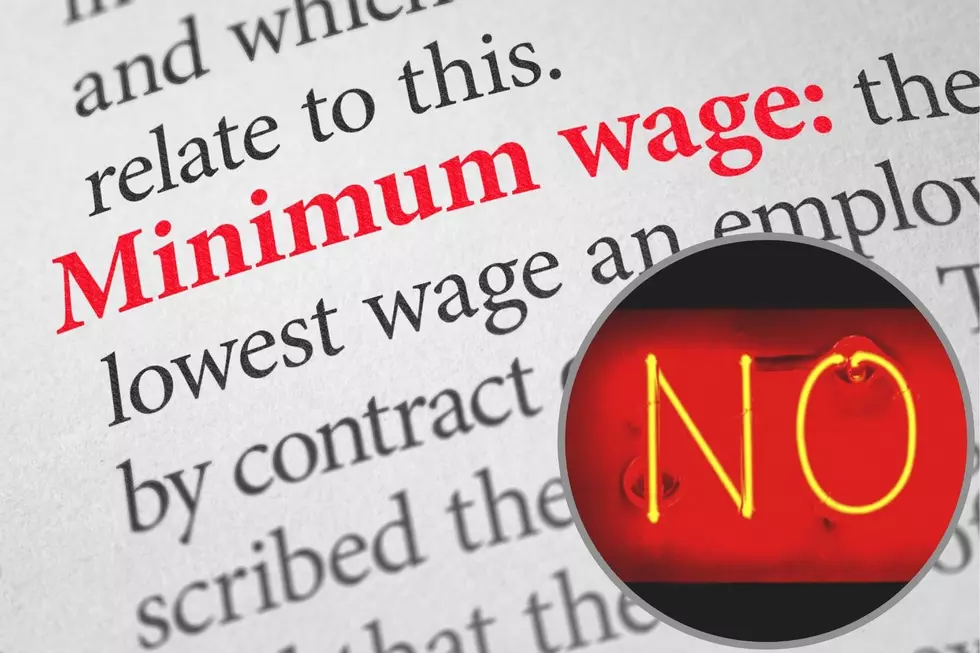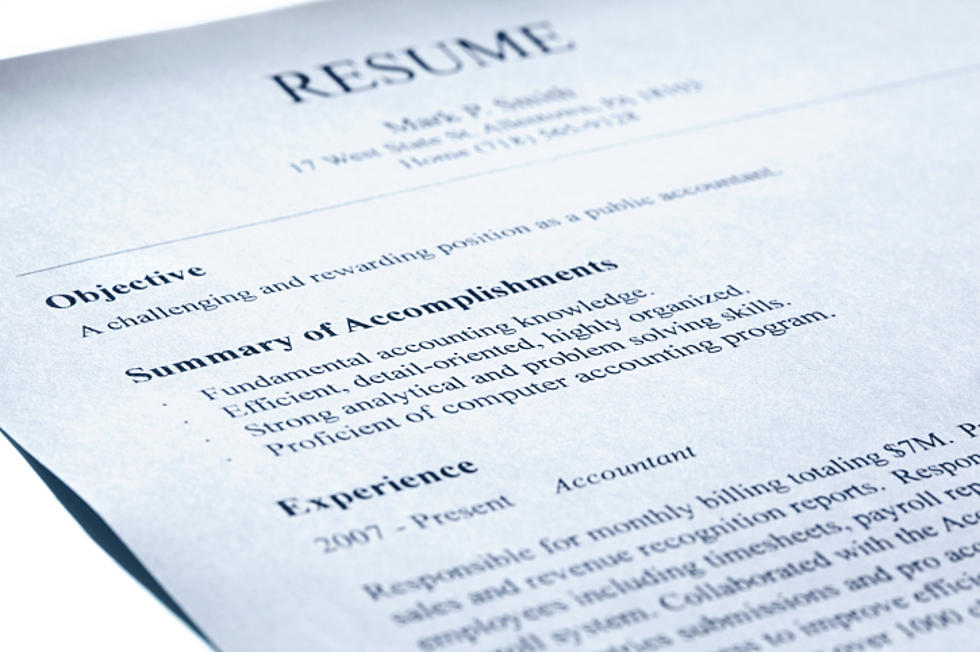
Study: Minimum wage hikes don’t kill jobs
A new study by the Center for Economic and Research Policy shows that job growth in states that increased their minimum wages this year is far more robust when compared to states that did not hike the minimum wage.
Thirteen states increased their minimum wages in 2014, including New Jersey. According to the report, the average change in payrolls in states that implemented minimum wage hikes was 0.99 percent. For states that didn't see a minimum wage hike, it was 0.68 percent.
However, the report said there is not a direct link between the two, but opponents and supporters of the Garden State's wage increase both had something to say.
"It was nonsensical to debate whether we should raise the minimum wage in New Jersey by one dollar. It is a no brainer because that money was going to immediately be coming right back into our local economy," said Assemblywoman Sheila Oliver (D-East Orange), who helped spearhead the effort to increase the wage.
In November, New Jersey voters overwhelmingly approved a ballot question to hike the wage from $7.25 an hour to $8.25 and to tie future increases to the rate of inflation every year. The increase went into effect on January 1.
Many in the Garden State business community fought against the minimum wage increase and aren't convinced the study proves anything. What do they think the impact will be on employers?
"Honestly it's too early to tell," said David Brogan, first vice president with the New Jersey Business and Industry Association. "What we do know is that it's a government mandated increase in labor costs. That money needs to come from somewhere. That could mean less hours, less bonuses, less shifts and potentially less employees."
The wage increase is not only helping businesses find workers, it is helping them hold on to the employees that already have Oliver said.
"I think that we have thwarted the argument that it is a job killer," Oliver said.
We don't know the true impact, Brogan explained, because we don't know how much of an increase we will see next year when the rate of inflation is calculated.
More From New Jersey 101.5 FM









